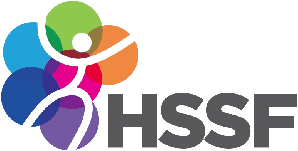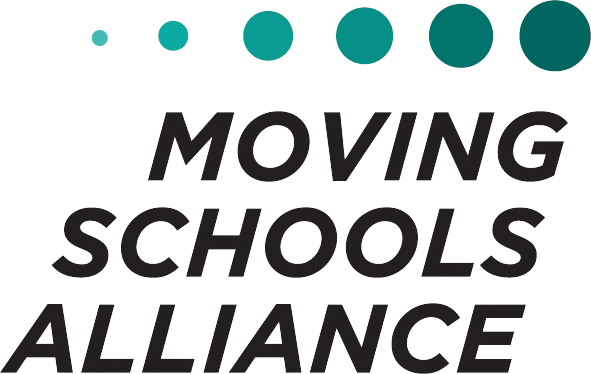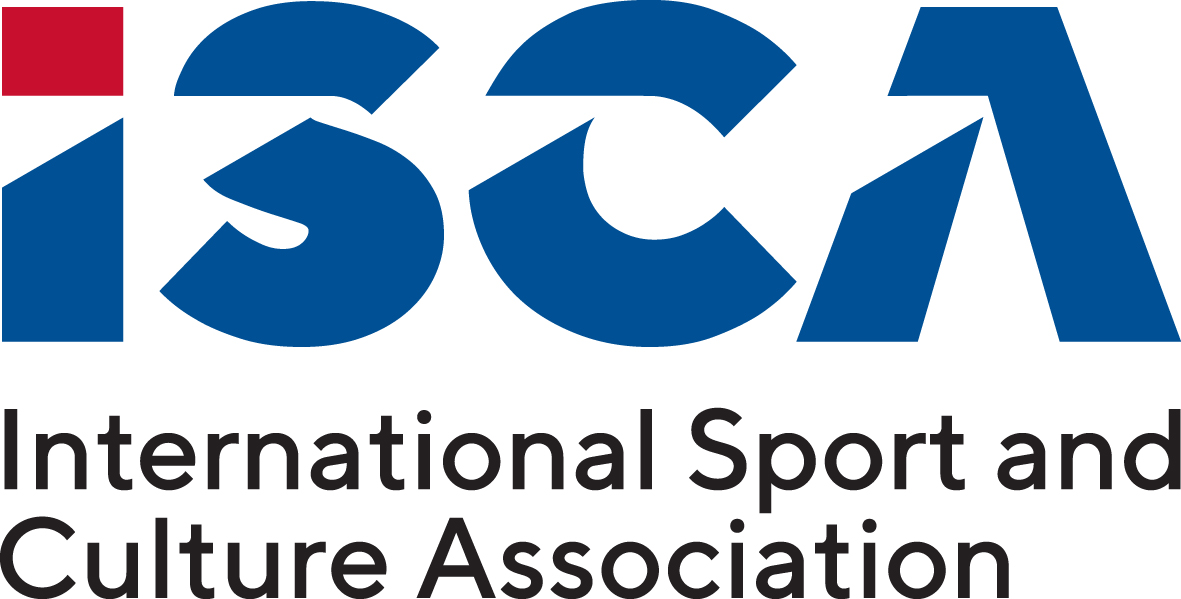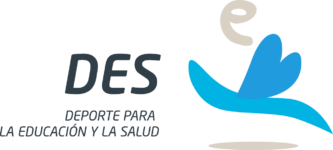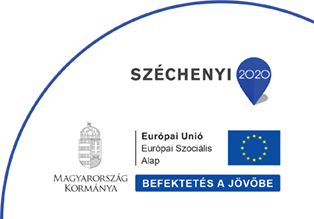Study visit to Finland to learn about the ICEHEARTS programme
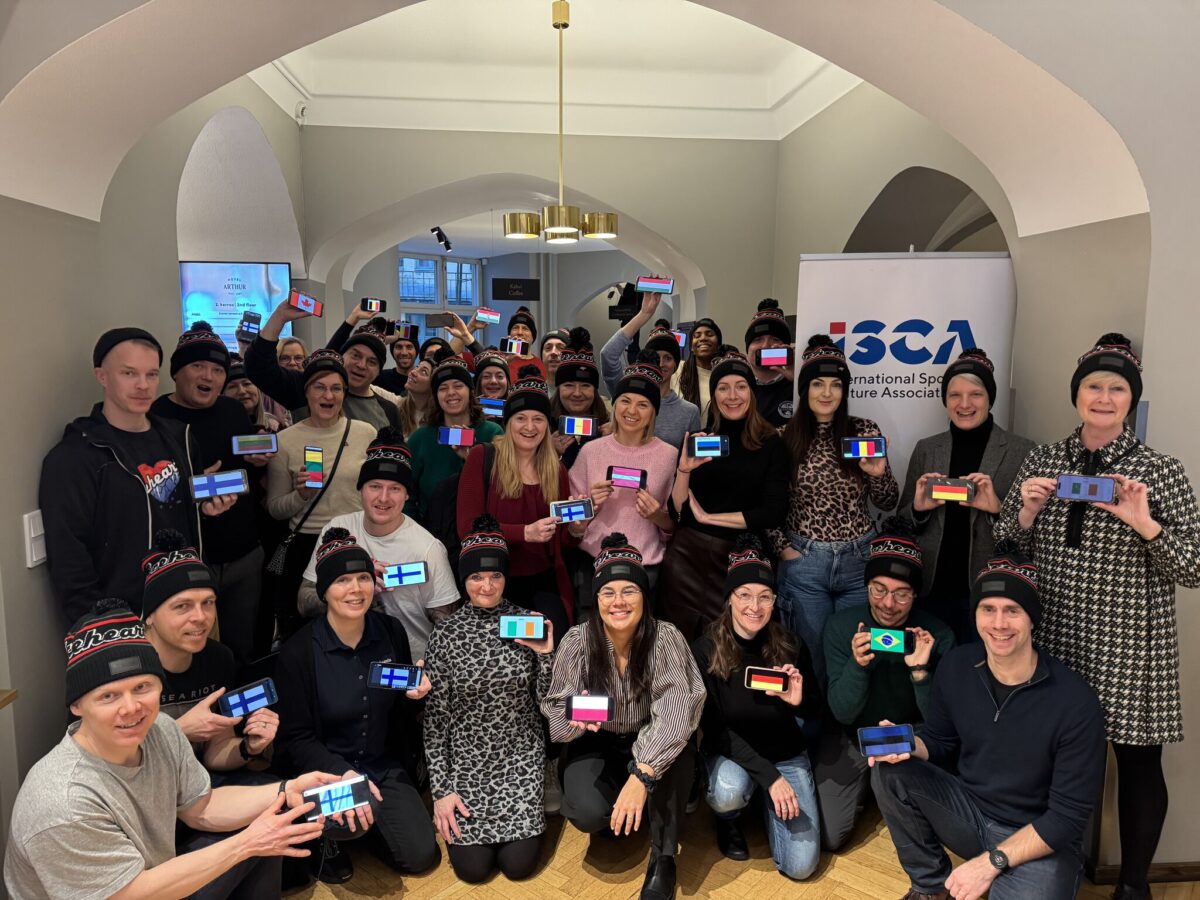
Between 13-15 January 2025, Miklós Thaisz, a member of the board of the HSSF, the executive director of The School Foundation of the Order of Malta and Katalin Tóthné Dr. Kälbli, an expert of the HSSF, took part in a study visit to Finland in the framework of the Icehearts Europe project, supported by the European Commission. The purpose of the visit was to learn about the Icehearts programme, which has been successfully running in Finland since 1996. In addition to the organisers – Icehearts Finland, International Sport and Culture Association – 2-2 staff from partner organisations from 12 countries were represented in the meeting.
On the first day of the study visit, the participants were given an insight into the history and operation of the Icehearts programme, and on the second day, they were able to gain personal and practical experience through school-visits.
Icehearts was launched in 1996 in Vantaa, Finland. The idea is that a mentor responsible for supporting the child, together with the school, social workers, and other relevant staff of the school selects children from a given age group (+/- 1-2 years) in an institution who have special needs, are disadvantaged or at risk in some way, and mentors and supports them from the age of 6 to 18. Mentoring covers school, leisure and family life as well: over the 12 years of the programme, a personalised, needs-based support is provided. Mentors not only help young people in their learning and education but also help them to develop their skills and competences by providing sports and leisure activities, and by working with their families they strengthen the safety net around the pupils in the programme, which helps to compensate for their disadvantages, and help the children to see the good in oneself and in others.
The Finnish Institute for Health and Welfare has been monitoring the effectiveness of the programme for 12 years. Their studies show that there is a high level of improvement and progress among young people in several areas, in particular in the following areas: peer relationships, friends, social skills, self-confidence, well-being, physical activity.
During the study visit, our colleagues also gained an insight into the Finnish school system. Finnish education is very flexible, and children spend less time in school than in Hungary. Lessons last 45 minutes, followed by a 15-minute break. During each 15-minute break, all pupils up to grade 8 are required to go outside in the yard/open air, regardless of the weather.
The visit was very meaningful, and the experience will contribute to the further development of HSSF’s programmes and cooperations and will also provide munition for the work of our colleagues.
You can read more about the Icehearts programme on THIS website.
And to find out more about the Icehearts Europe project, which aims to promote and test the Icehearts programme, click HERE.
#IceheartsEurop
